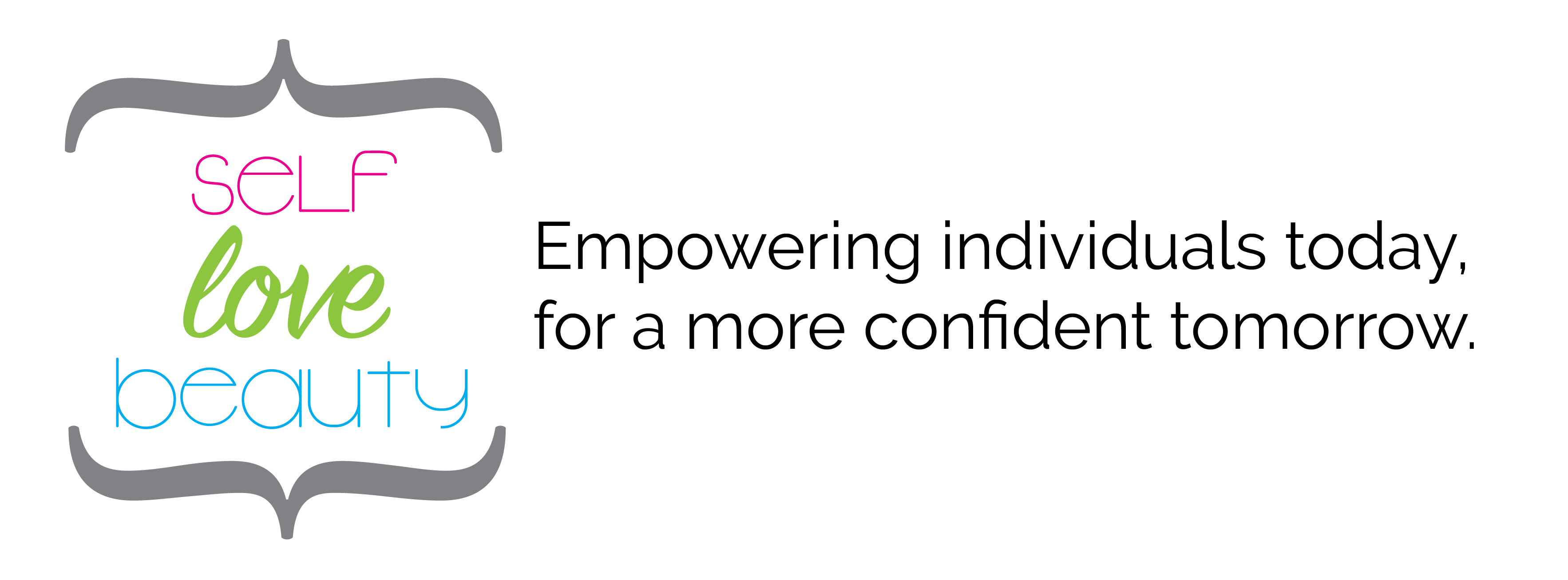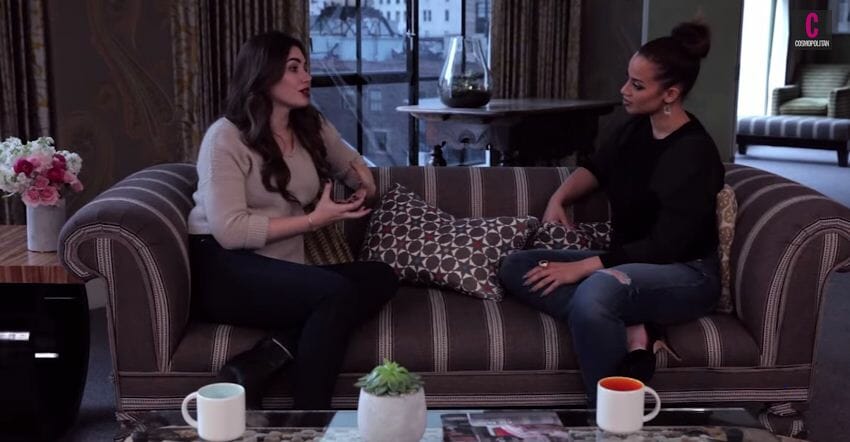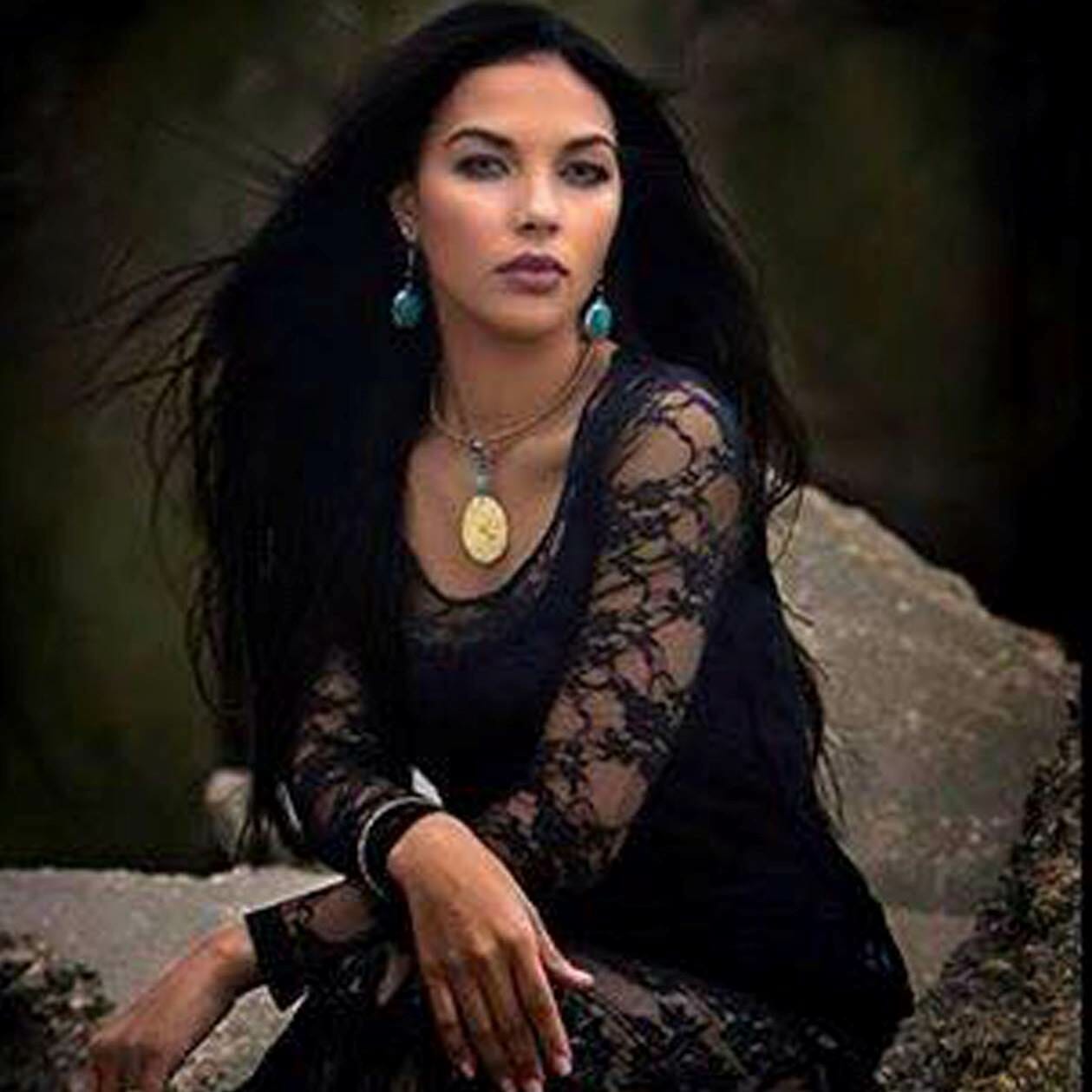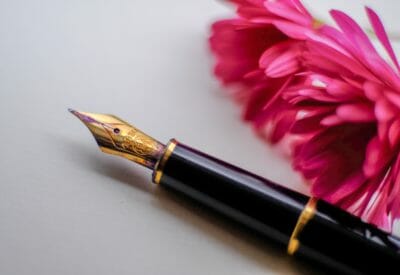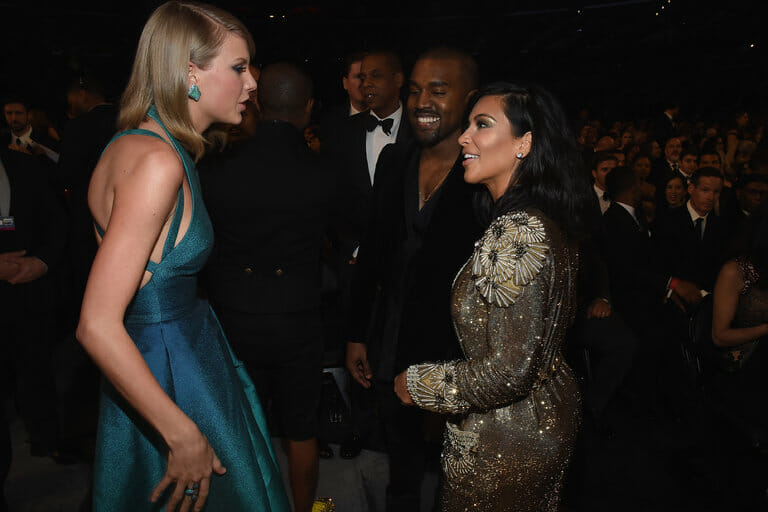1. Niloofar Rahmani, 23, who became Afghanistan’s first female pilot to serve in the air force since the fall of the Taliban.

2. The 57 schoolgirls who escaped the terrorist group Boko Haram, and then later returned to school.

In 2014, Boko Haram kidnapped hundreds of schoolgirls in Chibok, a town in Nigeria. The kidnapping caught the world’s attention (resulting in the #BringBackOurGirlscampaign) and locals continue to campaign tirelessly for the girls’ release. Sadly, the majority of them are still missing.
This year, schoolgirls – like the three shown above – who escaped Boko Haram risked their lives by returning to school.

3. Kubra Khademi, who walked through the streets of Kabul wearing metal armour to protest against the harassment and assault women endure on a daily basis.

In a Facebook post, Khademi, who is a multi-disciplinary artist in the Afghan capital,called her performance “Armor”. Women shared reports of her protest to highlight the dangers they face every day simply by walking down the street.
She told the BBC she designed the armour so it marked out the breasts and bottom because she believed “this is all that men see of women”.
4. The girls who demanded that Marvel include more female superheroes in its merchandise.

“You have the entire team — including Hawkeye and Ultron, but no Black Widow? #WheresNatasha?” campaigners asked Marvel on Twitter, questioning why the Avengers toy sets didn’t include the female superhero.
A petition in support of the campaign said: “Little girls need better messages from toy companies than that women’s contributions don’t count or that a female is less of a superhero.”
5. American actor and comedian Cecily Strong, who stood up for women’s rights to a room full of politicians with this joke.

Strong captured the struggle for women’s reproductive rights in the US with just one sharp quip. Her entire speech at the White House Correspondents’ Dinner is fire andworth a watch.
6. The Black Mambas, the world’s first all-female anti-poaching patrol unit, who are protecting endangered animals and tackling the rhino poaching crisis in South Africa.

The unit is made up of graduates from the local community. Since they began operating, the reserve they work in hasn’t lost a rhino.
Speaking to The Guardian, one patrol unit member, Leitah Michabela, said: “Lots of people said, ‘how can you work in the bush when you are a lady?’ But I can do anything I want.”
7. Jasmin Golubovska, who decided to apply her lipstick and kiss a police shield during a protest against police brutality in Macedonia. 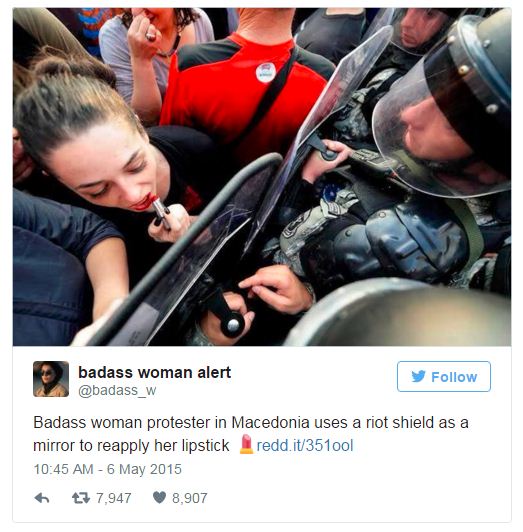
When Golubovska was asked about the photo, she replied: “I do not use a lot of makeup, I wear red lipstick only when I need to repair the tired look of the systemic suppression of freedom.”
8. This German woman, aged 102, who got her doctorate 77 years after the Nazis stopped her first attempt.
Ingeborg Syllm-Rapoport was prevented from completing her studies because her university was under Nazi influence. Nearly 80 years later, she was awarded her doctorate.
“I did it for the victims [of the Nazis],” she later said.
9. Nineteen-year-old athlete Dina Asher-Smith, who, after making history by becoming the first British woman to break the 100 metres 11-second barrier, said she just wants to go “faster, faster, faster”.
You can watch her slay on the running track here.
10. The thousands of girls and women in Argentina who took to the streets in protest against the killing of women in their country.
Thousands of people took to the streets in cities across Argentina after the horrific murder of a teenage girl – as well as the killings of a number of other women – shocked the country.
“Many femicides could have been avoided if reports would have been listened to,” one charity told BuzzFeed.
#NiUnaMenos (Not one less) later became the rallying cry for women across South America.
11. Politician Victoria Donda Perez, who breastfed her daughter while taking part in a parliamentary hearing.
The photo of the Argentine MP went viral, and many said it symbolised the need to support a mother’s right to breastfeed in public.
12. All the scientists who used social media to challenge gender stereotypes and stand up to sexism.
Scientists took no shit in 2015.
First they used the hashtag #ILookLikeAnEngineer to break down gender stereotypes of what female engineers look like. Then when a scientist made sexist comments about being in favour of single-sex labs, they took photos of themselves being “distractingly sexy” in the workplace.
13. The Syrian refugee girls’ football team who continue to play despite their country being torn apart by war.

“The other girls like to play with me,” one girl says in a UNICEF video that shows the girls on the pitch, “because I’m strong and I score goals.”

14. Mariah Idrissi, the 23-year-old model who became the first Muslim model in a hijab for H&M.
Idrissi told Fusion: “It always feels like women who wear hijab are ignored when it comes to fashion. Our style, in a way, hasn’t really mattered, so it’s amazing that a brand that is big has recognised the way we wear hijab.”
15. Tu Youyou, the first Chinese woman to win a Nobel Prize for medicine, despite not having a medical degree or a PhD.
The 84-year-old created a drug to fight malaria. No big deal.
16. Russia’s first all-female team of scientists, who, when asked by a reporter how they’d “cope” not being with men in space, answered: “We are here to do our job. We don’t have time to think about men.”


They added: “We consider the future of space belongs equally to men and women and unfortunately we need to catch up a bit after a period when unfortunately there haven’t been too many women in space.”
17. Nompendulo Mkhatshwa, one the student leaders at the forefront of the #FeesMustFall protests in South Africa.
“Women are coming to the fore, women are questioning why… Women are questioning why it is when they speak in their feminine pitch that there isn’t as big an uproar (of support) as when a man speaks in his masculine voice. Injustice makes me tick. That’s what keeps me going and that is what keeps us going.”
